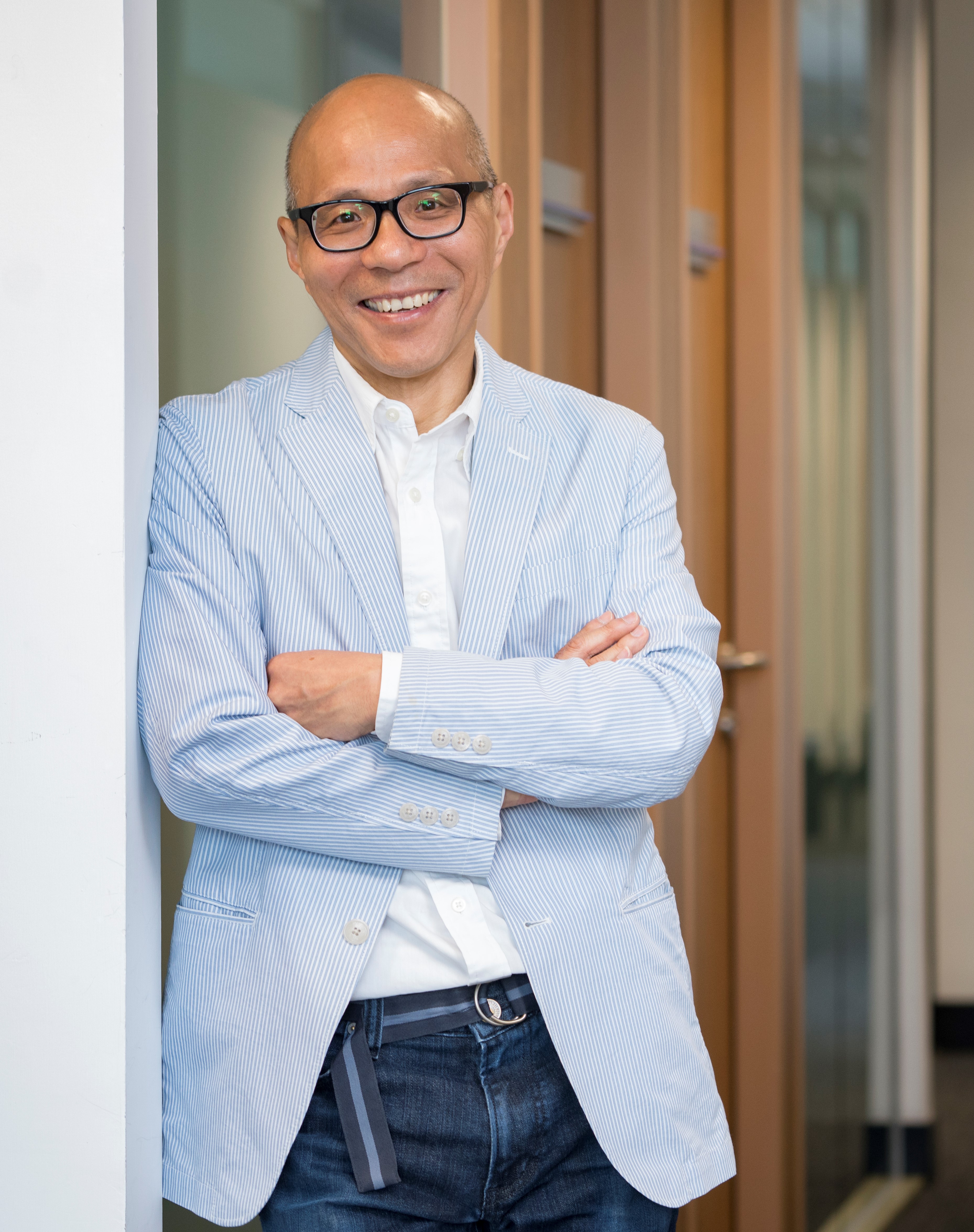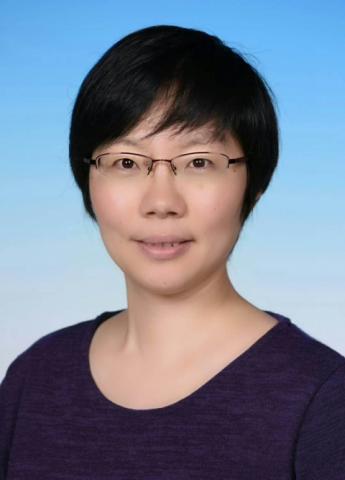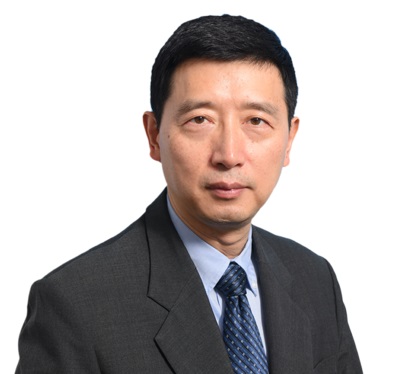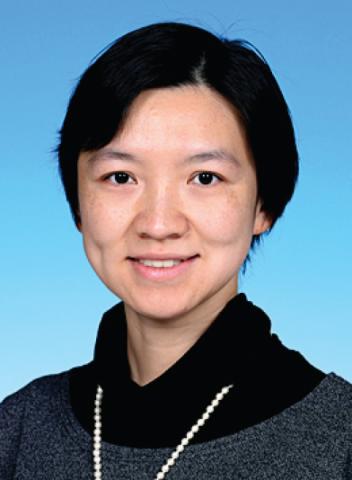More about HKUST
 Research Affiliate
Edwin L.-C. Lai
Professor Emeritus, Department of Economics
Edwin L.-C. Lai is Professor Emeritus at the Hong Kong University of Science and Technology. He is also Visiting Professor of Economics (2024-2025) and Associate Director of the Center for Economic Policy at HKUST (2021-2024) . Between 2009 and 2023, he was Professor of Economics, and later jointly appointed as Director of the Center for Economic Development and Professor in the Division of Public Policy. He was Senior Research Economist and Adviser at the Federal Reserve Bank of Dallas of the Federal Reserve System of the USA, from August 2007 to June 2009.
Research Affiliate
Edwin L.-C. Lai
Professor Emeritus, Department of Economics
Edwin L.-C. Lai is Professor Emeritus at the Hong Kong University of Science and Technology. He is also Visiting Professor of Economics (2024-2025) and Associate Director of the Center for Economic Policy at HKUST (2021-2024) . Between 2009 and 2023, he was Professor of Economics, and later jointly appointed as Director of the Center for Economic Development and Professor in the Division of Public Policy. He was Senior Research Economist and Adviser at the Federal Reserve Bank of Dallas of the Federal Reserve System of the USA, from August 2007 to June 2009.
 Publications
SOE and Chinese Real Business Cycle
By Juanyi Xu, Daoju Peng, Kang Shi, Yue Zhou
Publications
SOE and Chinese Real Business Cycle
By Juanyi Xu, Daoju Peng, Kang Shi, Yue Zhou
 Publications
Exchange Rates, Local Currency Pricing and International Tax Policies
By Juanyi Xu, Sihao Chen, Michael B. Devereux, Kang Shi
Publications
Exchange Rates, Local Currency Pricing and International Tax Policies
By Juanyi Xu, Sihao Chen, Michael B. Devereux, Kang Shi
 Working Paper Series
Managing Expectations in the New Keynesian Model
We study the optimal monetary policy in a setting where the private sector is forward-looking and learning about the type of central bank in place. We consider two types of central bank, one patient type that can commit and one opportunistic type that is myopic and cannot commit. Being able to commit or not, the central bank in place chooses inflation policies optimally, taking into account the learning and rational expectation of the private sector.
By Yang Lu, Robert G. King
Working Paper Series
Managing Expectations in the New Keynesian Model
We study the optimal monetary policy in a setting where the private sector is forward-looking and learning about the type of central bank in place. We consider two types of central bank, one patient type that can commit and one opportunistic type that is myopic and cannot commit. Being able to commit or not, the central bank in place chooses inflation policies optimally, taking into account the learning and rational expectation of the private sector.
By Yang Lu, Robert G. King
 Research Affiliate
Yao Amber Li
Associate Professor, Department of Economics
Research Affiliate
Yao Amber Li
Associate Professor, Department of EconomicsAssociate Director, Center for Economic Development Professor Yao Amber Li is currently an Associate Professor of Economics in School of Business and Management, the Associate Director of Center for Economic Development and the Dean of Business & Management at Hong Kong University of Science and Technology (HKUST). She has been serving as Vice-chairperson of the Standing Committee of CTRG (China Trade Research Group) since 2019 and Joint Secretary-General of the Secretariat of the Quality Alliance at Guangdong-Hong Kong-Macau University Alliance since 2020.
 Research Affiliate
David E Cook
Professor, Department of Economics
Professor David Cook joined the Hong Kong University of Science and Technology Department of Economics in 1996 after receiving a Ph. D. in economics from the University of Wisconsin at Madison. He is currently a Professor at HKUST. His research focuses on international macroeconomics with a concentration on emerging markets issues. He is currently the Hong Kong editor of the Pacific Economic Review.
Research Affiliate
David E Cook
Professor, Department of Economics
Professor David Cook joined the Hong Kong University of Science and Technology Department of Economics in 1996 after receiving a Ph. D. in economics from the University of Wisconsin at Madison. He is currently a Professor at HKUST. His research focuses on international macroeconomics with a concentration on emerging markets issues. He is currently the Hong Kong editor of the Pacific Economic Review.
 Working Paper Series
Business Cycles and Earnings Inequality
The author constructs a novel, quarterly measure of earnings inequality and document the following facts. First, shocks to productivity and government expenditure have significant effects on earnings inequality, while monetary policy shocks have little effect. Second, unanticipated innovations in earnings inequality, summarizing redistributive forces from the bottom to the top, substantially lower aggregate demand in a U-shaped manner. Finally, the power of stabilization policies increases with the level of inequality.
By Byoungchan Lee
Working Paper Series
Business Cycles and Earnings Inequality
The author constructs a novel, quarterly measure of earnings inequality and document the following facts. First, shocks to productivity and government expenditure have significant effects on earnings inequality, while monetary policy shocks have little effect. Second, unanticipated innovations in earnings inequality, summarizing redistributive forces from the bottom to the top, substantially lower aggregate demand in a U-shaped manner. Finally, the power of stabilization policies increases with the level of inequality.
By Byoungchan Lee




